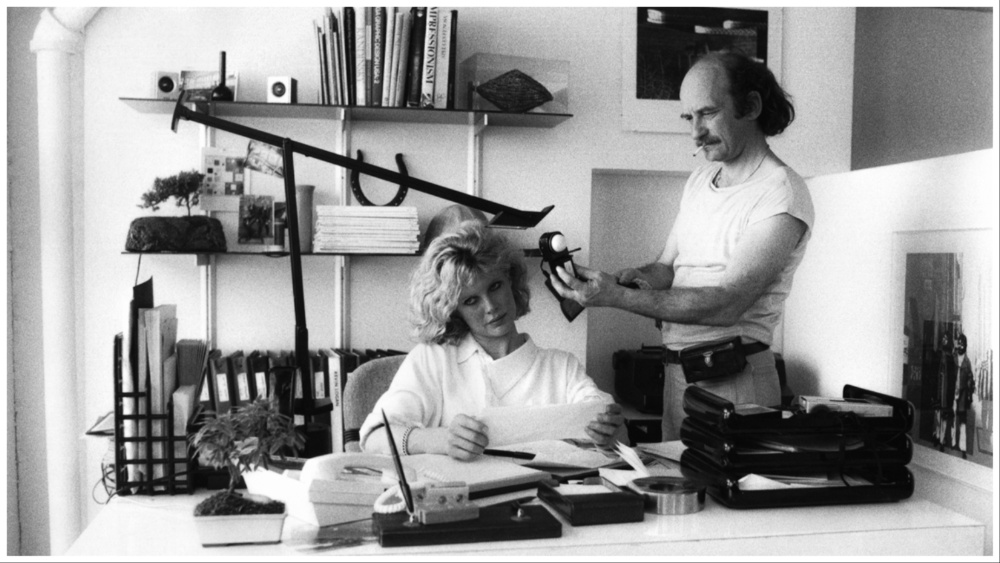‘Mississippi Burning,’ ‘The Truman Show’ Cinematographer Peter Biziou to Be Honored at Camerimage
Camerimage Film Festival, which is devoted to the art of cinematography, is to pay tribute to Peter Biziou. The British cinematographer, who won an Oscar for “Mississippi Burning,” and was BAFTA nominated for “The Truman Show,” will receive the festival’s Lifetime Achievement Award.
Biziou, the son of cinematographer-animator Leon Bijou, started his career at an animation company in London. In the mid-sixties, he started to light film sets for commercials and shorts, which helped foster “his innate intuition and his courage to implement innovation,” the festival said. He worked with the likes of Len Fulford, Bob Brooks, Terence Donovan, John Swannell and Frank Budgen.
His work with fashion photographer Robert Freeman brought an invitation for Biziou to be in charge of the visuals on Freeman’s fiction film debut, 1969’s “Secret World,” starring Jacqueline Bisset, which was well-received.
He then worked on Alan Parker’s “Bugsy Malone” (1976), Terry Jones’ “Life of Brian” (1979), Terry Gilliam’s “Time Bandits” (1981), and Parker’s “Pink Floyd: The Wall” (1982).
Biziou’s outstanding work on “Another Country” (1984), directed by Marek Kanievska, brought him critical acclaim and the award for Best Artistic Contribution at Cannes Film Festival, but it was his collaboration with Parker that brought him international recognition. As well as “Bugsy Malone,” working with New Zealand cinematographer Michael Seresin, and “Pink Floyd: The Wall,” there was “The Road to Wellville” (1994), and most importantly “Mississippi Burning” (1988), for which Biziou received the Oscar. The film also earned a mention in the American Society of Cinematographers’ list of “100 Milestone Films in Cinematography of the 20th Century,” which includes productions that forward the development of the craft and inspire future generations of cinematographers.
Other achievements include the evocative visuals in Adrian Lyne’s controversial “Nine ½ Weeks” (1986), as well as “A World Apart” (1987), the directorial debut of another outstanding cinematographer, Chris Menges, whose film was awarded at Cannes Film Festival.
Biziou also worked on Jim Sheridan’s “In the Name of the Father” (1993), which earned seven Oscar nominations, and Peter Weir’s “The Truman Show” (1998), which was nominated for three Oscars, and for which Biziou was BAFTA nominated.
For “In the Name of the Father,” Biziou “subtly underscored the tragic position that the protagonists found themselves in, while not overloading the picture with his media of expression, letting Jim Sheridan portray the story in a measured and thought-provoking way,” said the festival.
In “The Truman Show,” he managed to “impeccably capture the dreamlike un-reality that constitutes the protagonist’s everyday life,” the festival said. To achieve the effect of being watched and followed, Biziou used “gobos placed on the lens and wide-angle lens popular in commercials to deliver the world of Truman Burbank” to the audiences, Camerimage said.

